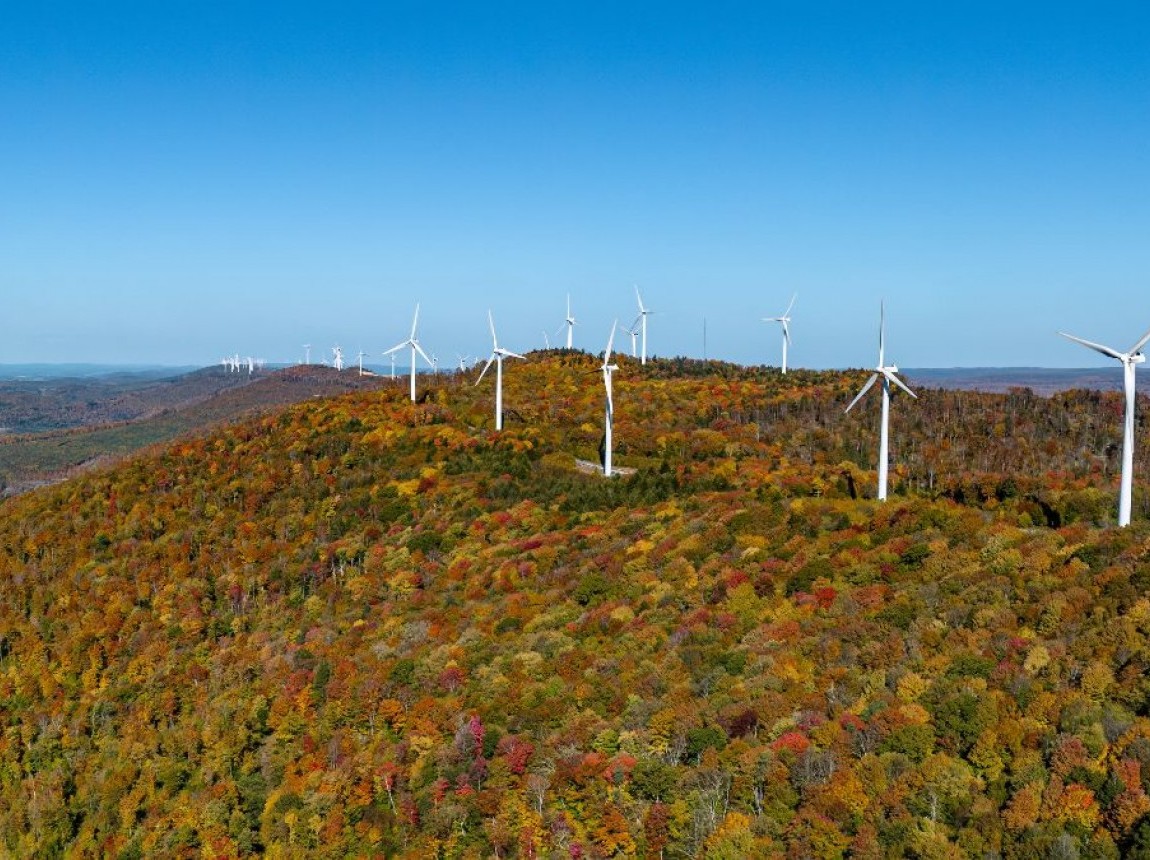Related

Jul 26,2023
Marron Researchers Receive
NYU 2023 Climate Change Initiative Awards

May 19,2014
Falling Carbon Emissions in Urban Centers
by
Brandon Fuller

Dengue Fever and Climate Change
Global Climate Change and Public Health. Respiratory Medicine, vol 7.
doi:10.1007/978-1-4614-8417-2_10
Dengue fever is a viral, tropical, and subtropical mosquito-borne disease. In recent history, transmission has increased drastically with incidence increasing 30-fold over the past 50 years. Today, an estimated 50–100 million infections occur annually and dengue fever is now ranked as the most important vector-borne viral disease in the world. Once localized to a few areas in the tropics, dengue fever is now endemic in over 100 countries. Population growth, unplanned and uncontrolled urbanization, and increased travel paired with ineffective vector control, disease surveillance, and inadequate public health infrastructure have been cited as drivers in the recent escalation of cases.
Please fill out the information below to receive our e-newsletter(s).
*Indicates required.